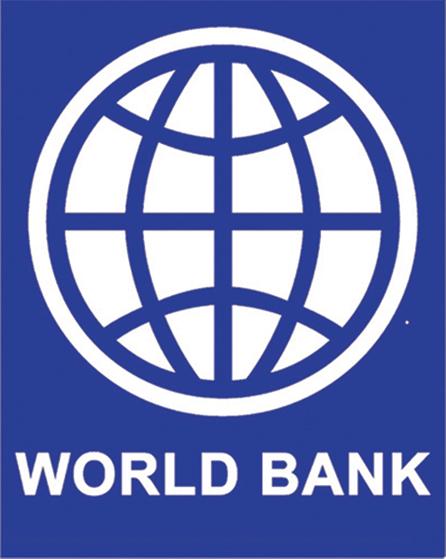KABUL (Pajhwok): Following last year’s regime change, Afghanistan’s economy has been in significant decline, the World Bank said on Wednesday.
In its new Afghanistan Development Update, the World Bank noted a sharp fall in public spending, lower household incomes and reduced consumption.
As these factors caused aggregate demand to fall, disruptions in the payment system and supply constraints further hampered private sector activities.
Initially, the report said, amid economic contraction and widespread deprivation, many businesses were forced to close or scale down their operations.
Preliminary statistics on the gross domestic product (GDP) indicate the economy contracted by about 20 percent in 2021.
Some of the negative impacts, the statement added, were mitigated with the resumption of off-budget international support for humanitarian needs and basic services.
“Afghanistan is a much smaller economy now. After contracting significantly, the economy has reached an inflection point and is likely plateauing around a low-level equilibrium,” the report explained.
Despite high inflation exchange-rate instability has reduced, with domestic revenue collection becoming relatively strong.
The World Bank country director for Afghanistan said: “While there are signs of economic stabilisation and resilience of Afghan businesses, the country continues to face enormous social and economic challenges that are impacting heavily on the welfare of the Afghan people, especially women, girls, and minorities.”
Melinda Good noted: “Living conditions showed slight improvements in the past few months, but deprivation remains very high across the country, and persistent inflation might further erode any welfare gains.”
The report warned the real GDP in 2022 would contract further, with an accumulated shrinkage of nearly 30-35 percent between 2021 and 2022, before moving to a low-growth path (2.0 to 2.4 percent) for the next two years, with no improvement in per-capita income.
The report said the loss of correspondent banking relationships had pointedly impacted international payments, leaving both private firms and aid organisations reliant on cash shipments and informal, unregulated and opaque payment systems for domestic transactions.
Good urged the interim Taliban administration to unlock economic integration and domestic opportunities for the private sector to create jobs for the Afghan people.
“This includes lifting restrictive gender policies, increased transparency in public finances and provision of services, enabling investments by businesses in critical areas of comparative advantage, and resolution of financial sector constraints.”
pr/mud
Views: 131
